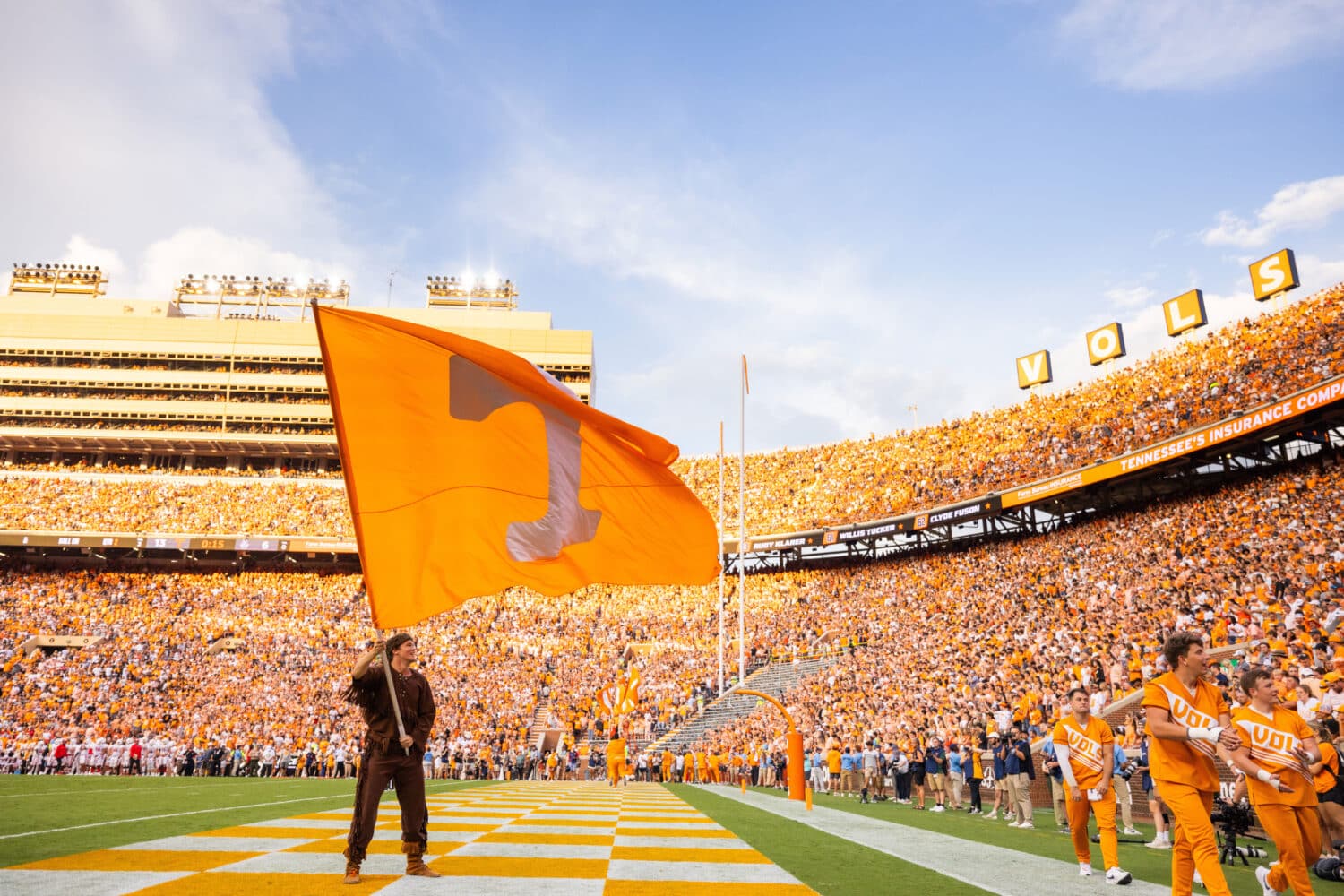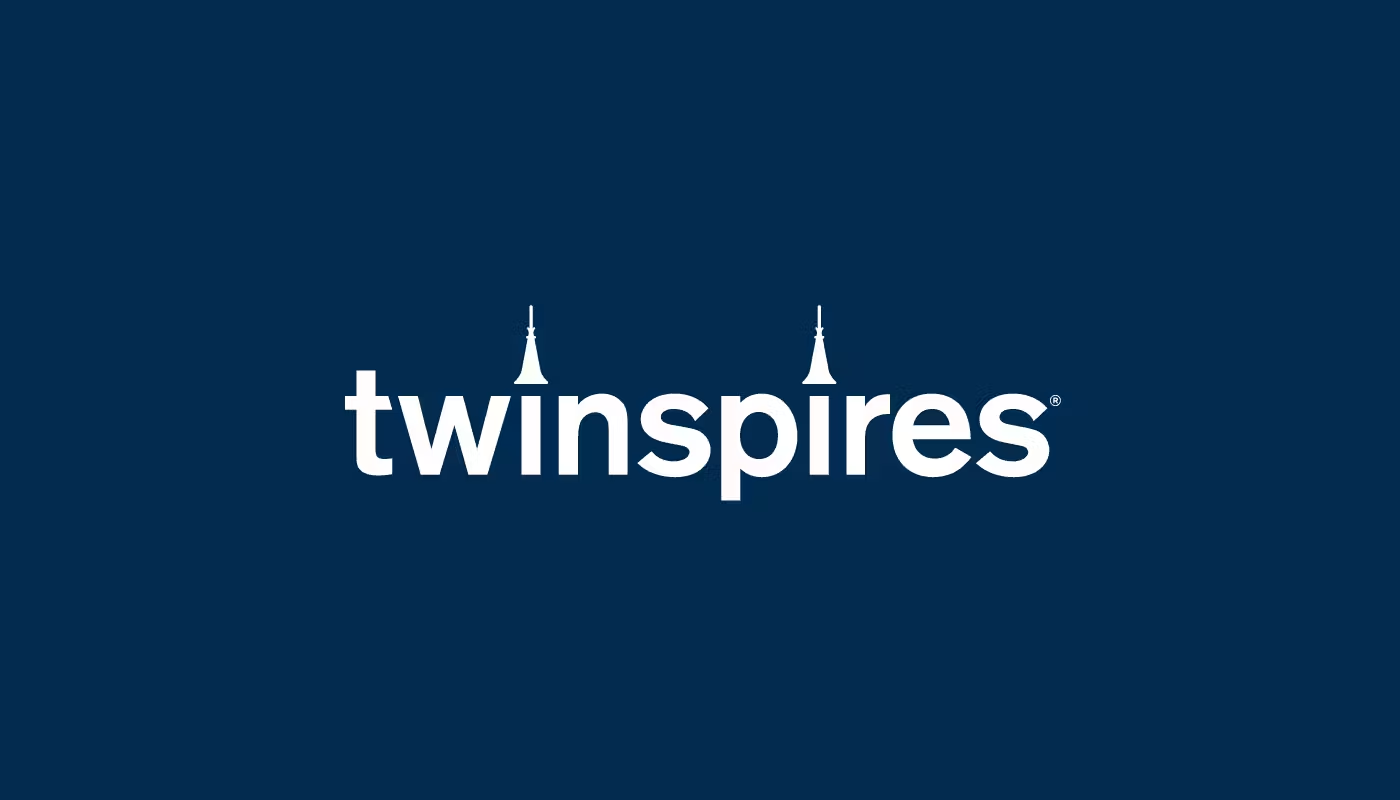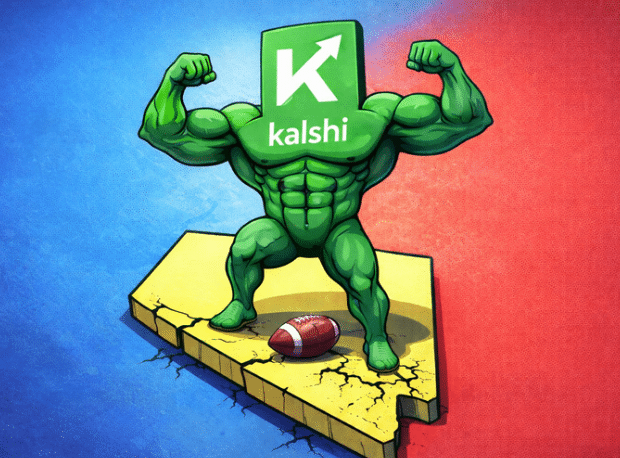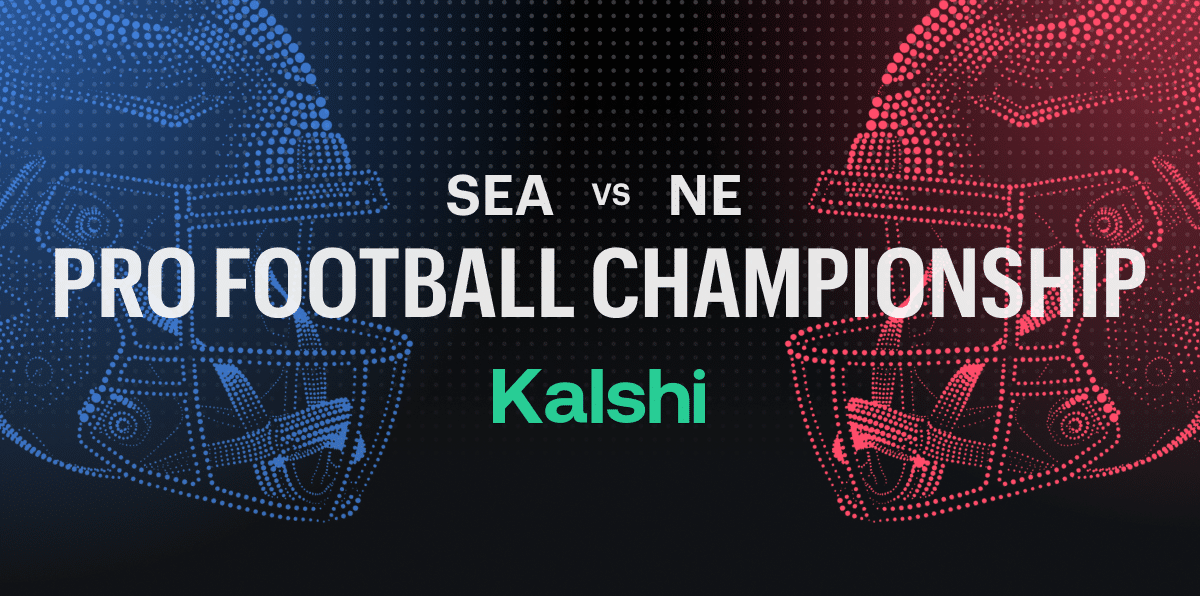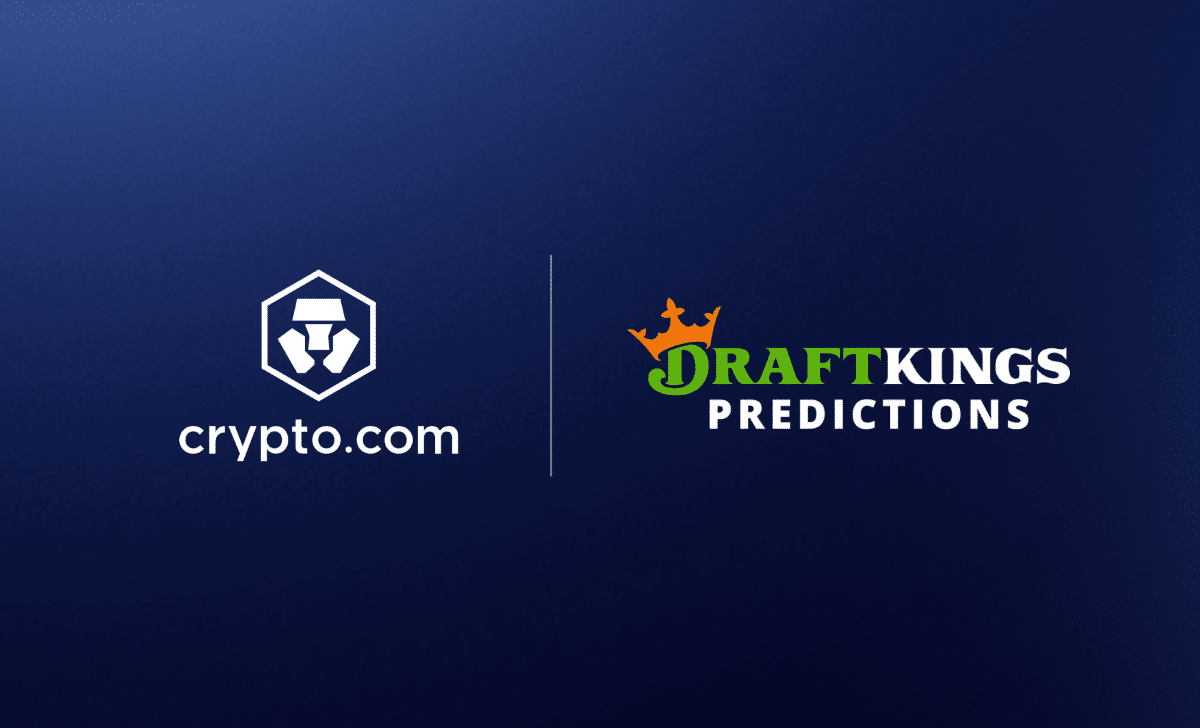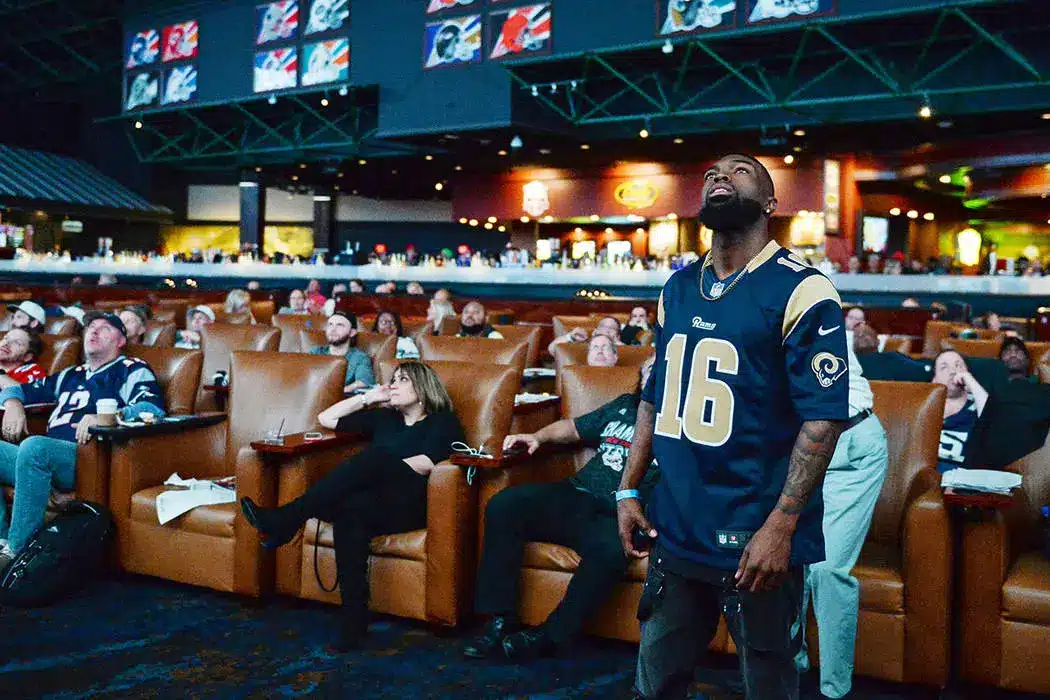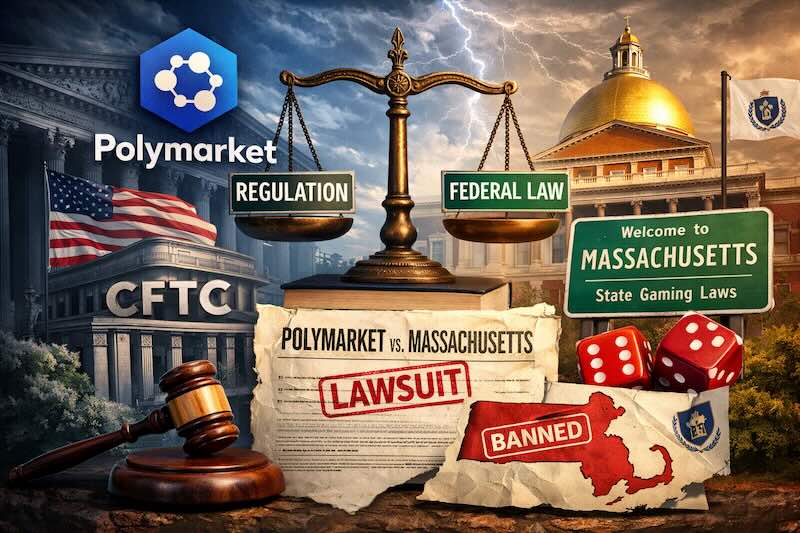
Does strong Pennsylvania revenue have implications for sports betting tax rates?

Tim Poole looks into the relative success of the Keystone State’s first full year of sports betting and examines whether it justifies Pennsylvania’s 36% sports betting tax rate.
There are two routes I can take into work every morning. One route is more comfortable, guarantees me a seat and gives me more time above ground for YouTubing.
But the other gets me into the office just as conveniently and is perhaps only a couple of minutes longer. So, while I have a firm favourite out of the two, the outcome of both is ultimately the same, with the main difference the enjoyment of the journey itself.
Following the release of Pennsylvania’s gaming results for 2019, one could argue it’s exactly the same situation for those setting the state’s sports betting policy – particularly when compared to neighbouring New Jersey.
For the full year, the state of Pennsylvania boasted $1.49bn in sports wagering handle and $84.1m in sports wagering revenue. New Jersey, by comparison, generated $3.47bn in handle and $299.4m in revenue, despite holding approximately 2/3 of the Keystone State’s overall population.
The key point for policymakers however, is their respective sports betting tax revenue tallies were not too dissimilar, despite these disparities. In Pennsylvania, taxes derived from sports wagering for 2019 totalled $30.3m from a sports betting tax rate of 36%. In New Jersey, tax revenue totalled $36.5m, from an online sports betting tax rate of 13% and a retail rate of 8.5%.
So, despite handle being more than double that of Pennsylvania in the Garden State, and revenue being more than triple, tax revenue in New Jersey was only 20% higher. Considering the strong warnings against Pennslyvania’s high sports betting tax rate when it was initially imposed, this early evidence is not going to deter policymakers.
The strongest argument against a tax rate which eats into more than a quarter of total revenue is that, with a more moderate rate, Pennsylvania could potentially double or triple its business by attracting a greater number of suppliers and operators.
But, off the back of these results, policymakers may be just as inclined to argue New Jersey is actually missing out on valuable tax revenue; whereas Pennsylvania is maximizing it without turning away the market’s biggest players (both FanDuel and DraftKings are live in the state).
Any politician could also argue Pennsylvania is behind the Garden State in its life cycle as a sports betting jurisdiction, having launched later. New Jersey’s market is booming having just completed its second year and first full year of sports wagering. By that point in its journey, who’s to say Pennsylvania’s tax revenue total won’t be higher than $36.5m?
More worrying in this respect is the fact some analysts have said over 70% of 2019 handle was generated online in the Keystone State, despite mobile sports betting only launching in May.
This is a crucial statistic, as the Pennsylvania Gaming Control Board’s official figures, too, show $43m worth of annual revenue from mobile; that’s compared to $41m from retail, despite retail sports wagering launching in November 2018 and lasting the full year for 2019. One can only assume a full year’s worth of mobile sports betting in the Keystone State would therefore equate to a greater tax revenue total than New Jersey’s.
This, of course, is not to argue higher tax rates are actually better – in terms of encouraging business, for those from a monetarism school of thought, or those who simply prefer a free market, they certainly aren’t. But, at a time when certain states are lagging behind projected tax revenue totals and others are rejecting sports betting legislation in fear of exactly that, Pennsylvania’s tax figures open the door for more convincing arguments against lower tax rates.
In the state of Maine, Governor Janet Mills recently vetoed a sports betting bill – becoming just the second state Governor to date to do so. Problem gambling concerns were at the heart of her message but, crucially, she also alluded to other states falling short of their revenue projections.
She said: “We are told the state can access new revenues by legalizing sports betting. But for the more than a dozen states that have enacted legislation regarding this form of gambling, revenues have fallen far short of projections for a variety of reasons. The economic impact of mobile sports gambling on pre-existing facilities, given the potential saturation in the market, is uncertain.”
Here’s where Pennsylvania’s full-year results may be a double-edged sword for gaming firms. Politicians, at the end of the day, need to concern themselves with tax revenue as the bottom line, rather than business revenue. On the plus side, Pennsylvania’s tax revenue shows there is plenty of potential for other states considering sports wagering.
But it equally shows there is plenty of potential for higher tax rates in a state with a high enough population and enough interest from gaming companies.
Returning to Pennsylvania itself, anyone hoping for lower sports betting taxes in the Keystone State would realistically have needed results to dwindle early on. By contrast, the early figures suggest operators make enough to maintain an interest in the state. Meanwhile, policymakers can proudly say they have generated almost as much tax in Pennsylvania in just half a year of mobile wagering as New Jersey has with a full year of mobile wagering.
While that may encourage more states to legalize sports betting in the long run, it may also encourage them a higher tax rate is the way to go.
Top Betting & Casino Guides
Explore our most popular casino, betting, and gaming guides – trusted by players, for 2026.
- Gambling Sites
- Best Online Casinos
- Best Sports Betting Sites for February 2026
- Best Crypto Casinos
- Top Rated Offshore Online Casinos for February 2026
- Top Online Casino Sites Canada
Tags/Keywords
Players trust our reporting due to our commitment to unbiased and professional evaluations of the iGaming sector. We track hundreds of platforms and industry updates daily to ensure our news feed and leaderboards reflect the most recent market shifts. With nearly two decades of experience within iGaming, our team provides a wealth of expert knowledge. This long-standing expertise enables us to deliver thorough, reliable news and guidance to our readers.
